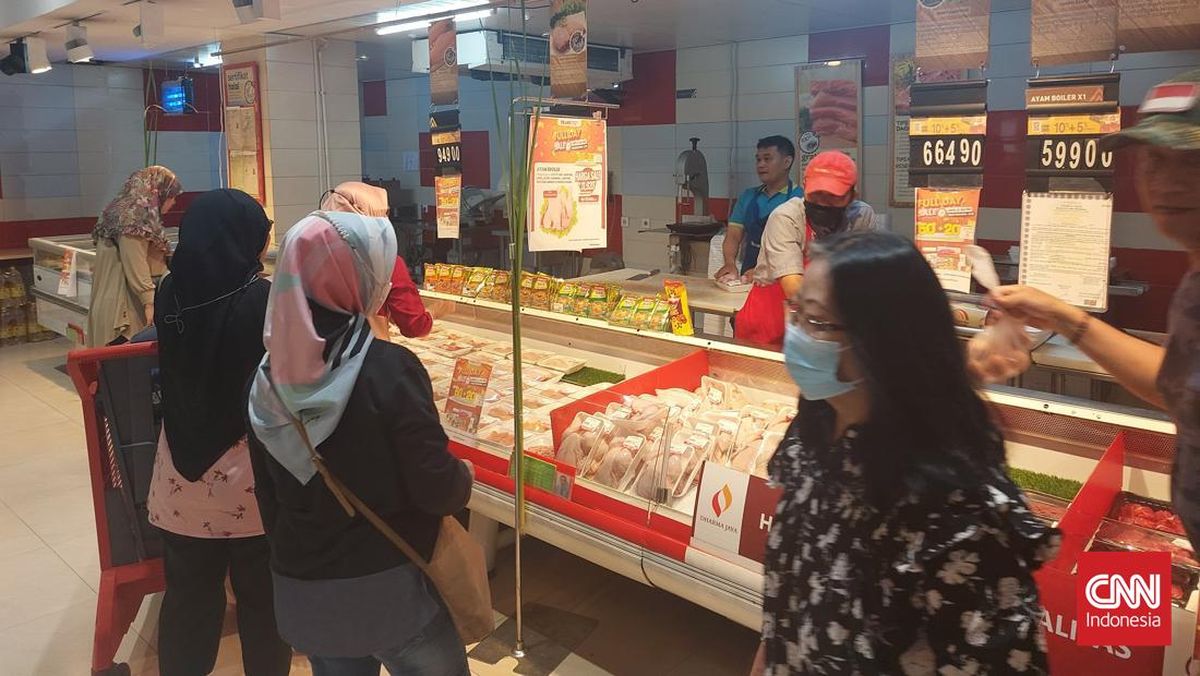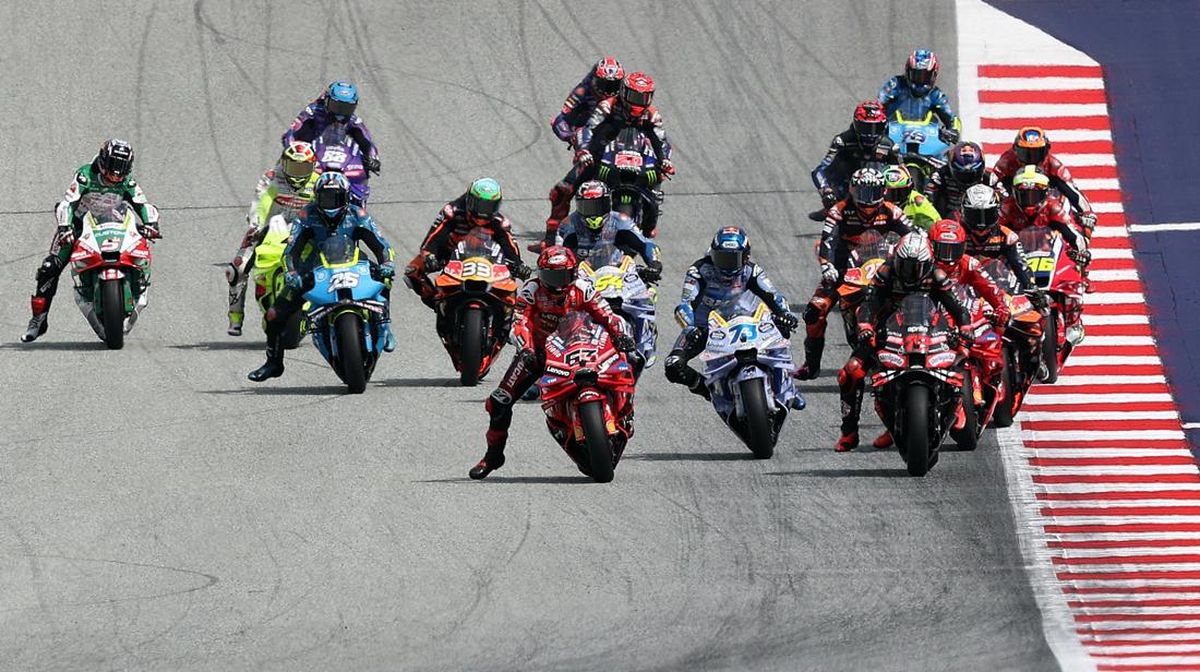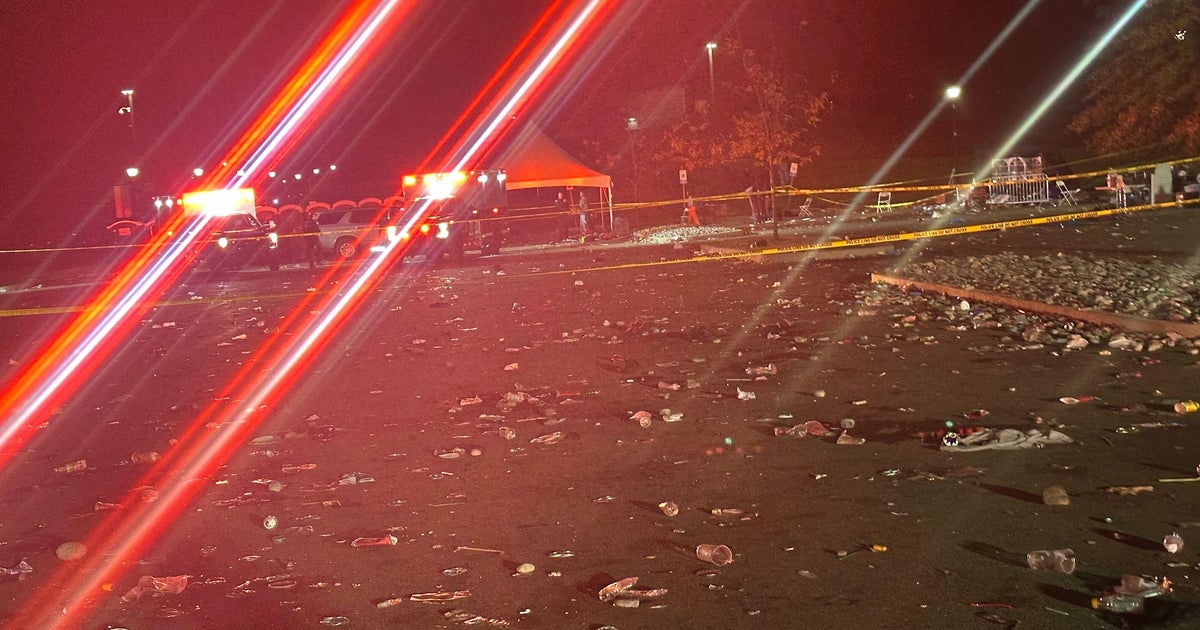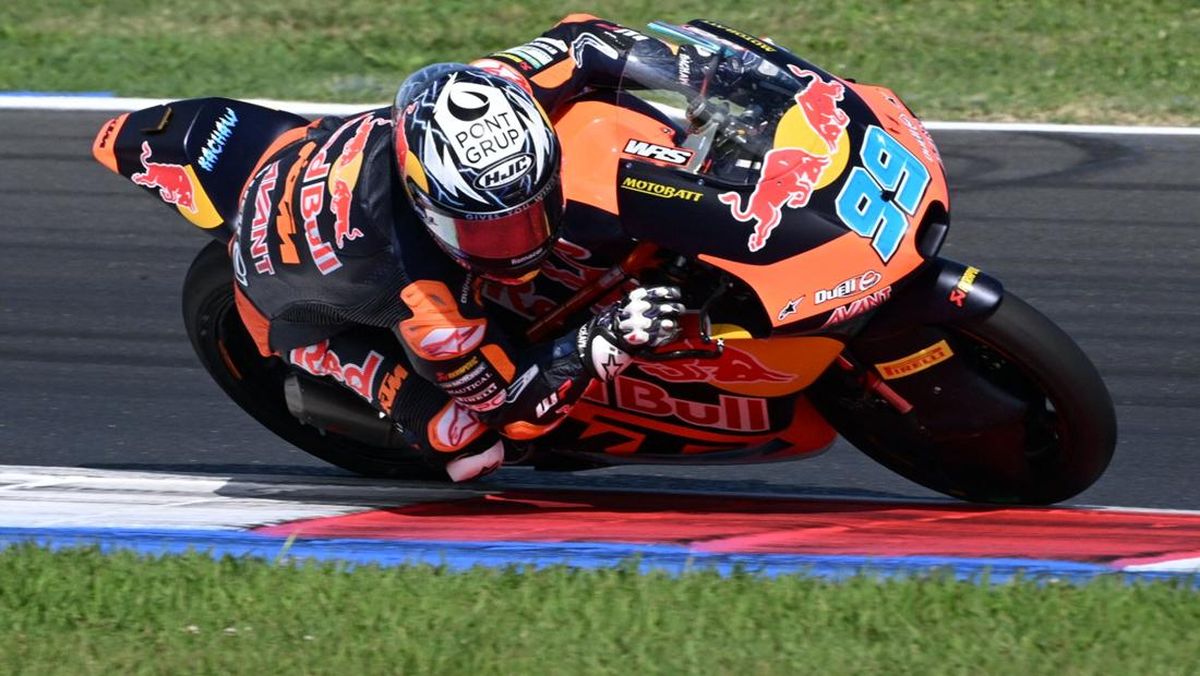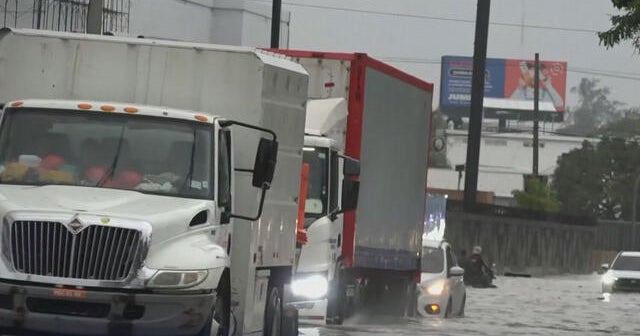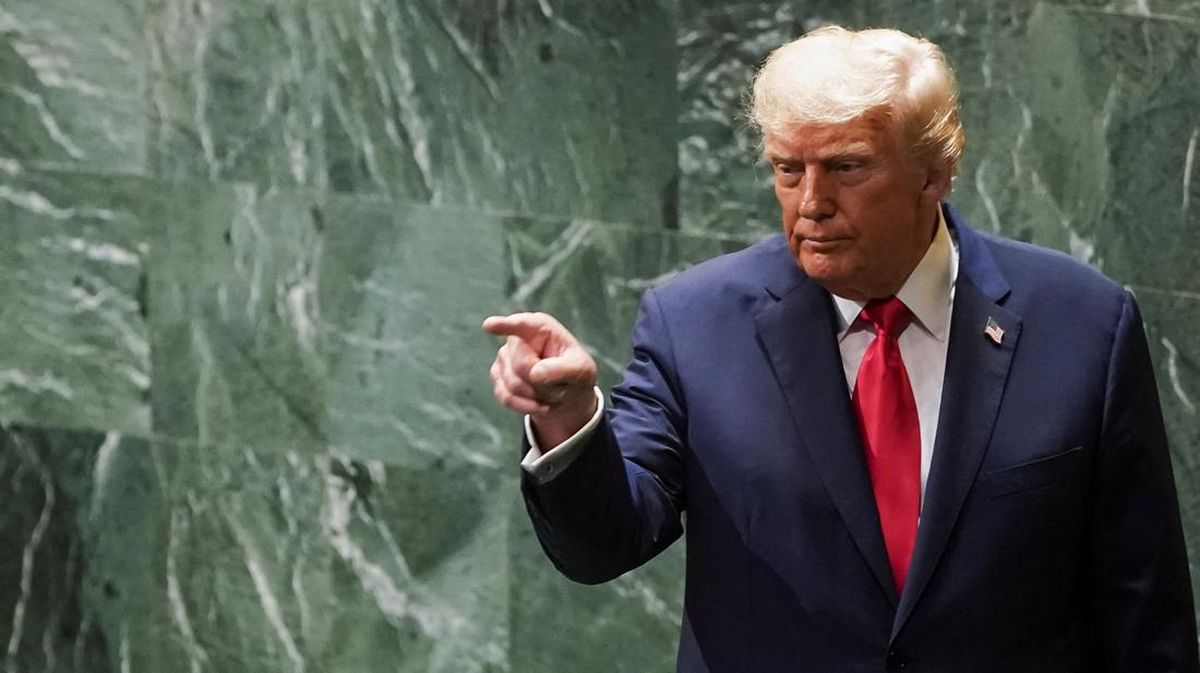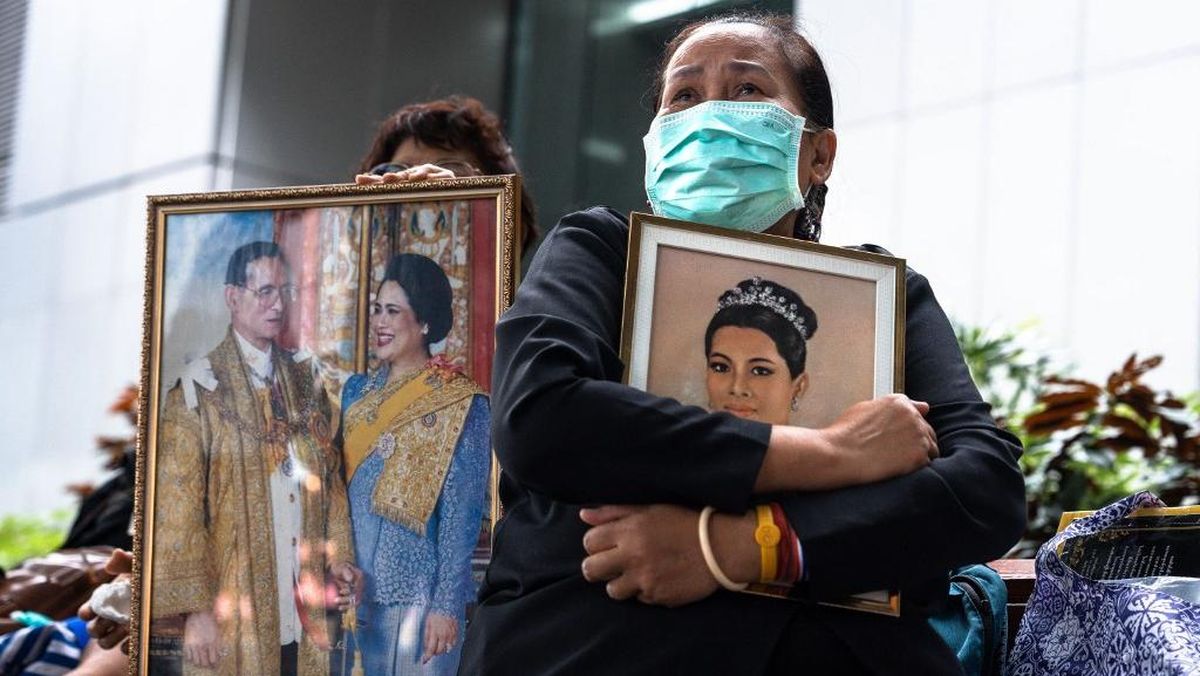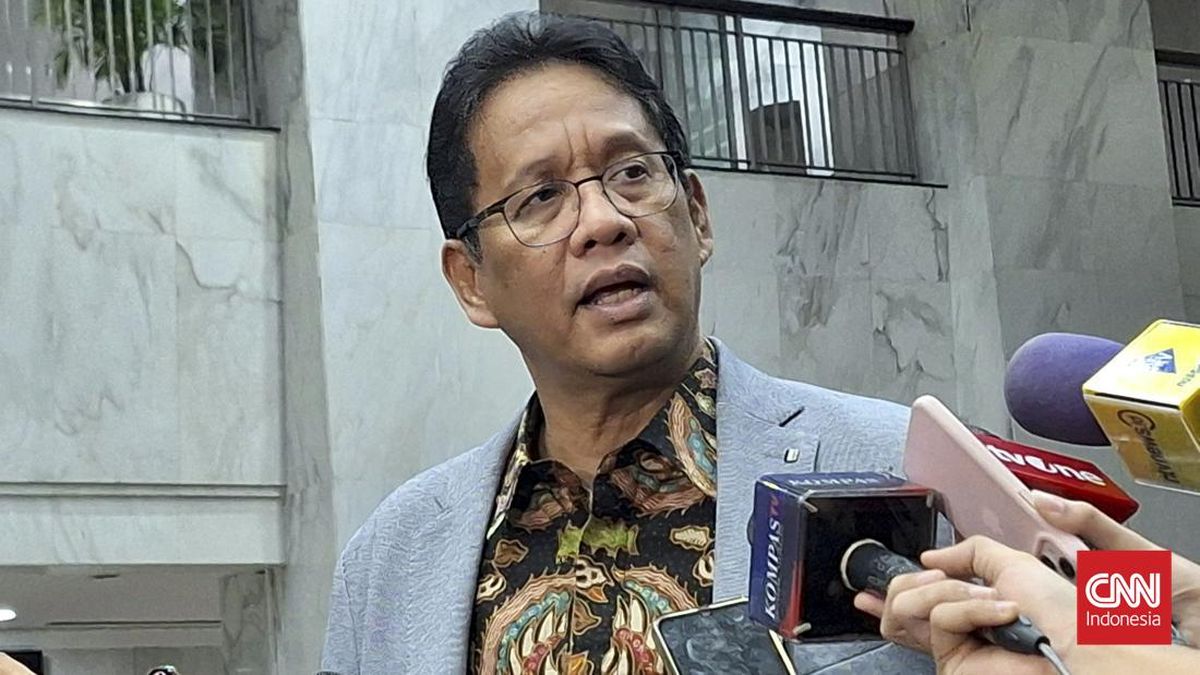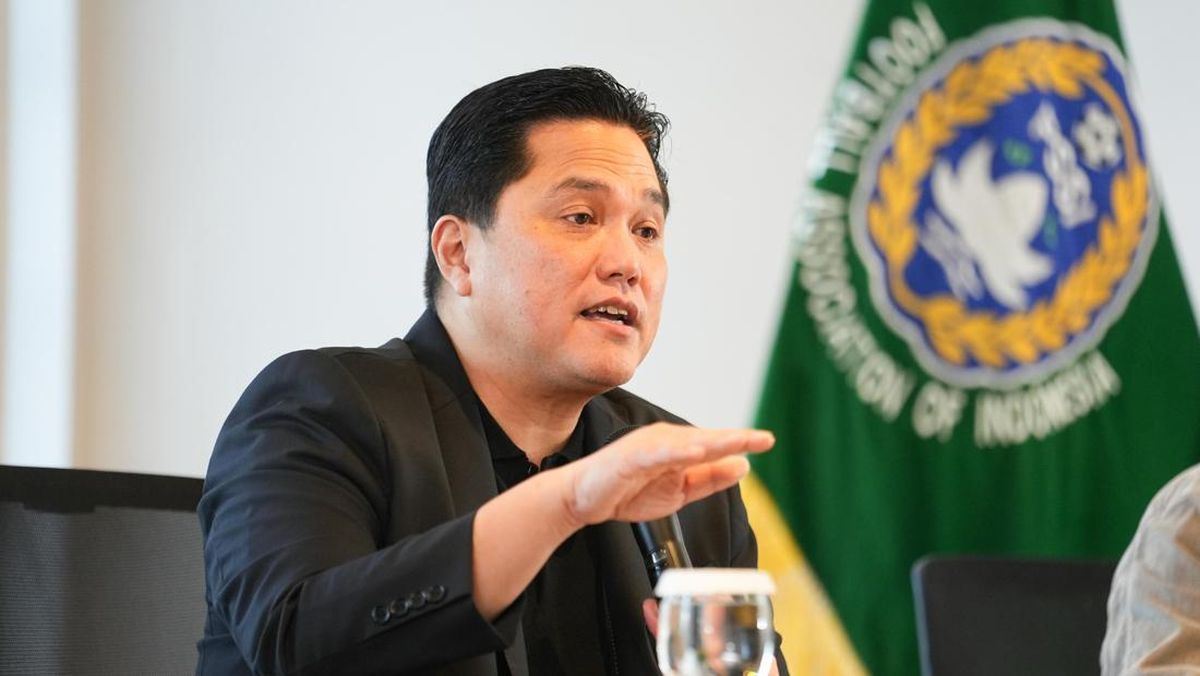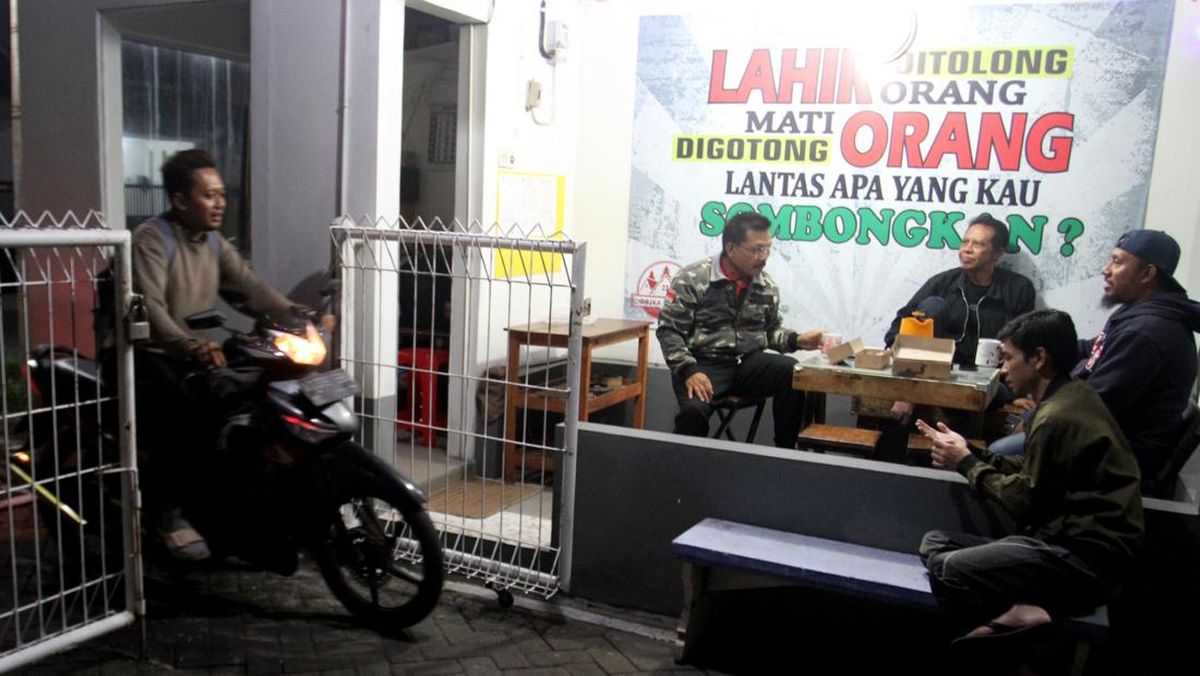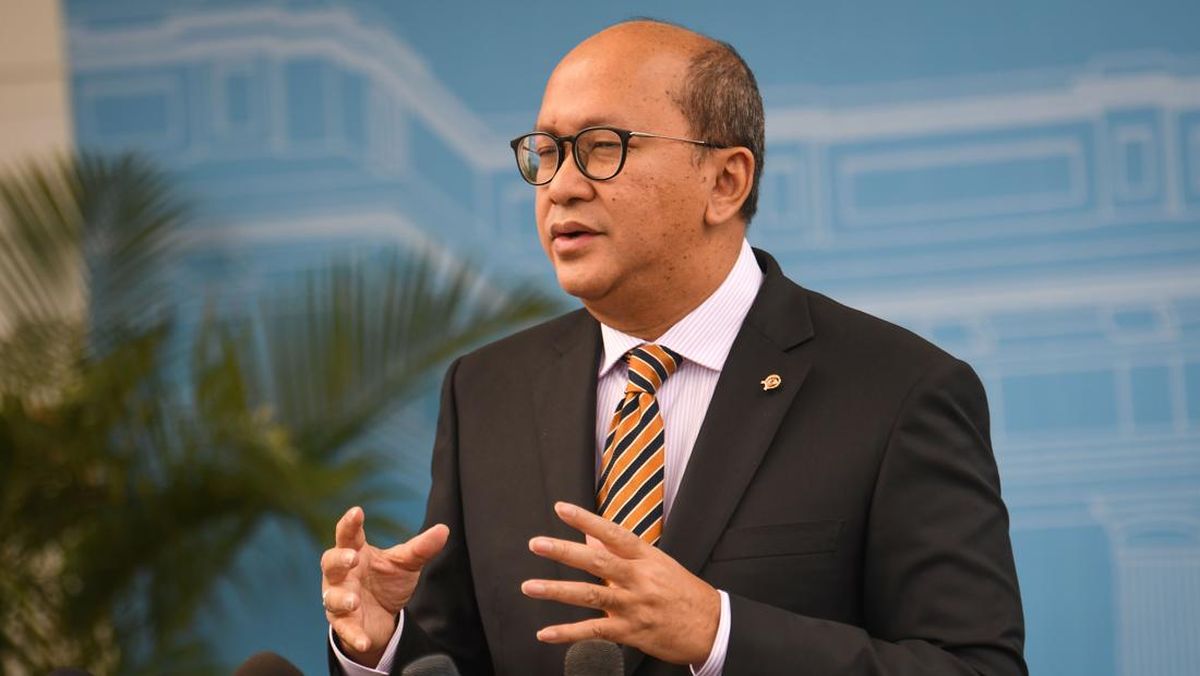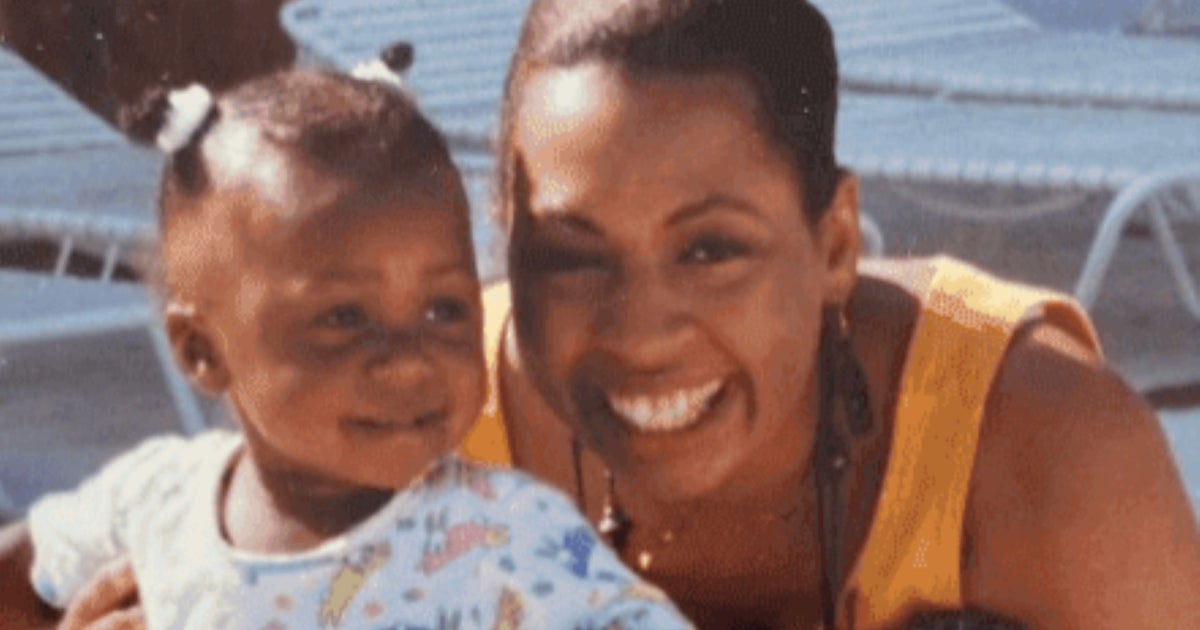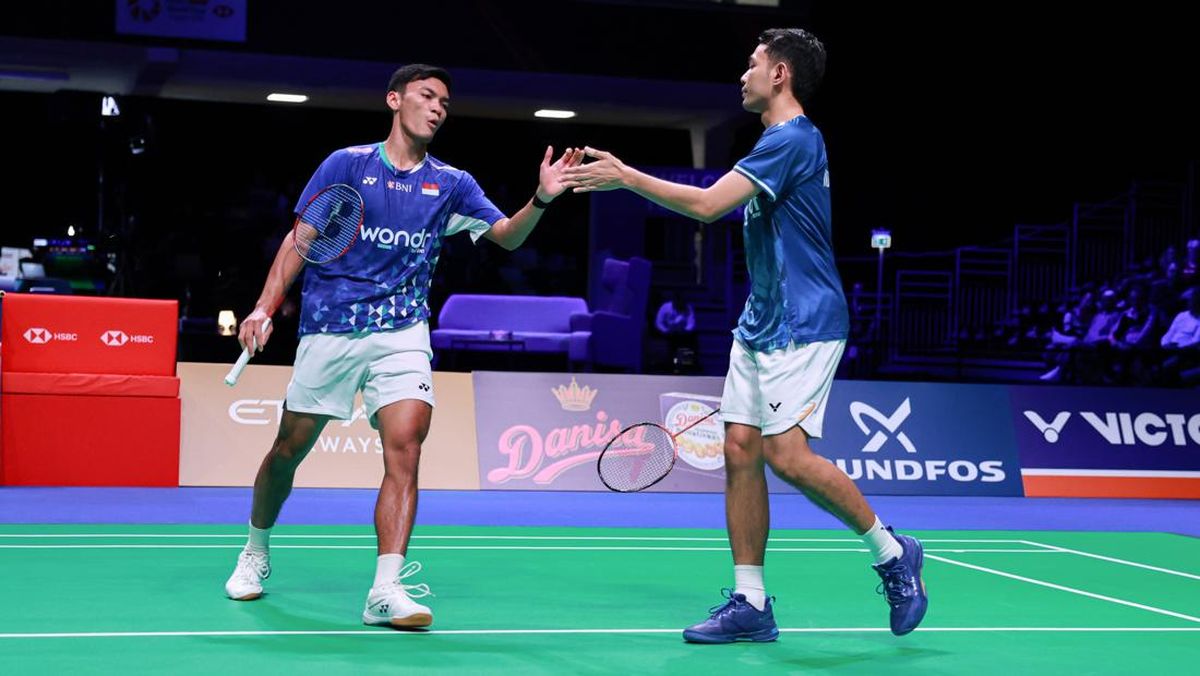London: A left-wing lawmaker will become Ireland’s next president after trouncing her rival at the ballot box with her sharp criticisms of social inequality and her pledge to be a “moral compass” in the ceremonial role.
Catherine Connolly gained more than 60 per cent of the vote thanks to supporters ranging from the major progressive parties to outspoken rap group Kneecap and former Sinn Féin leader Gerry Adams.
Born into a family of 14 children, she practiced as a clinical psychologist in the 1980s and then studied law at the University of Galway before becoming a barrister and running for office.

Left-wing independent Catherine Connolly arrives at Dublin Castle for the count in Ireland’s presidential election.Credit: AP
The outcome came days after one of Ireland’s most prominent exports, rock star Bob Geldof, said he could have “walked it in” and won the presidency if he had acted in time and entered the race.
While Connolly will not direct government policy over the next seven years, she has strong views on policy and won with support from a movement that raised housing, climate change and her criticism of Israel over the war in Gaza as key reasons to back her campaign.
Connolly declared during the campaign that Israel committed genocide in Gaza with the help of American money, and she said Hamas was “part of the fabric of the Palestinian people” – a view at odds with leaders who designated it a terrorist group.

Catherine Connolly gained more than 60 per cent of the vote.Credit: Getty Images
That sets up potential friction with US President Donald Trump if he accepts an invitation to visit Ireland in September next year, when his Doonbeg golf course hosts the Irish Open.
Connolly’s victory is a rebuff to the government, led by Micheál Martin as Taoiseach, and signals a degree of public support for her call for a vote on unity with Northern Ireland and her concerns about ceding power to the European Union.
“I will be a president who listens and reflects and who speaks when it’s necessary,” Connolly said after being formally declared the winner.
“I will be a voice for peace, a voice that builds on our policy of neutrality, a voice that articulates the existential threat posed by climate change.
“Together, we can shape a new republic that values everybody, that values and champions diversity and that takes confidence in our own identity, our Irish language, our English language, and the new people who have come to our country.
“I will be an inclusive president for all of you.”
Connolly, 68, entered politics with the Labour Party in the 1990s in her home city of Galway but left the party and later ran as an independent at national elections in 2016, winning a seat in the Dáil Éireann, the country’s lower house. She is married with two adult sons.
As head of state, Connolly must act on the advice of the Taoiseach but has a key role in summoning or dissolving the parliament and appointing the leader of the government based on the seats in parliament.
But her success highlights the challenges for the government, which was formed in January in a coalition between Fianna Fáil, led by Martin, and Fine Gael, led by Simon Harris. The agreement installed Martin as Taoiseach until November 2027, when Harris takes over.
Fianna Fáil performed poorly in the presidential election, with its candidate dropping out early, and the Fine Gael candidate gained about 30 per cent of the vote. About 46 per cent of voters turned out to cast their ballots.
Sinn Féin leader Mary Lou McDonald backed the Connolly campaign as a way to counter the government and champion the case for a united Ireland. Adams, the Irish republican who led Sinn Féin for three decades, also came out in her support.
“Vote for a president who will shape a new, united Ireland,” he said on social media in the final days of the campaign.
While all candidates for the presidency supported the idea of a unified Ireland, Connolly pledged to use her “moral authority” to put this to a vote of the people – a position that helped cement support from Sinn Féin and others.
“We cannot delay, deny, or obstruct that right,” Connolly said. “The Irish and British governments should agree a date for a border poll, and begin preparing now to ensure it is inclusive, fair, and respectful of all traditions.”
Under the Good Friday agreement of 1998, a unified Ireland requires a majority in Northern Ireland as well as in the Republic of Ireland. A survey by The Irish Times in February found that unification would be defeated in the north and approved in the south.
Geldof, the lead singer of the Boomtown Rats and the driving force behind the Live Aid concert that raised funds to alleviate famine in Africa, said on Thursday that he thought about running for president but called the Taoiseach when the leader had already chosen a candidate.
“If I’d stood I’d have walked it,” he said. “And I’d have been really good.”
Geldof acknowledged he may have struggled to get a formal nomination without a major party behind him.
“People are very ambivalent about me, which I totally understand, because I’m ambivalent about myself.”
Most Viewed in World
Loading





